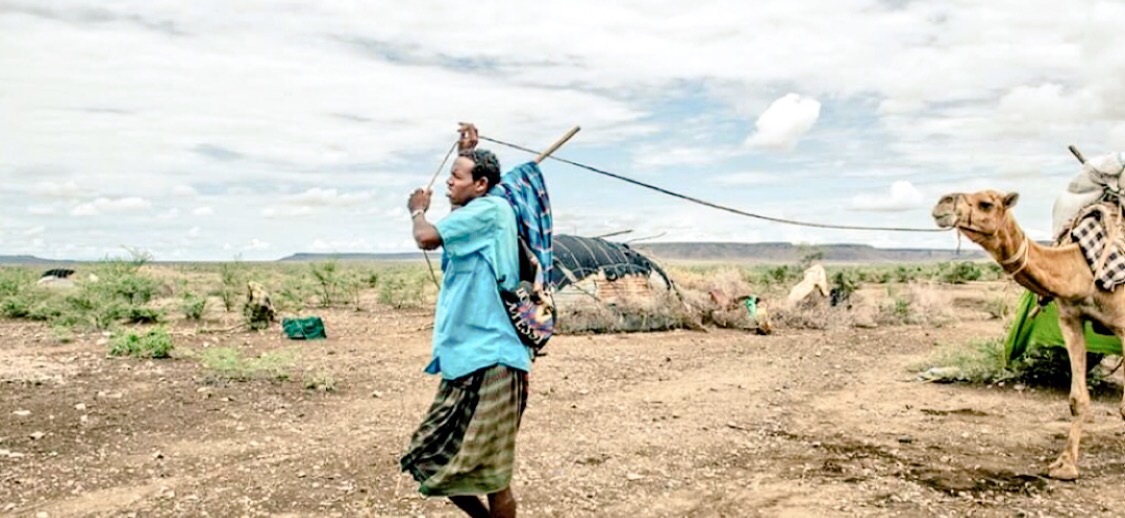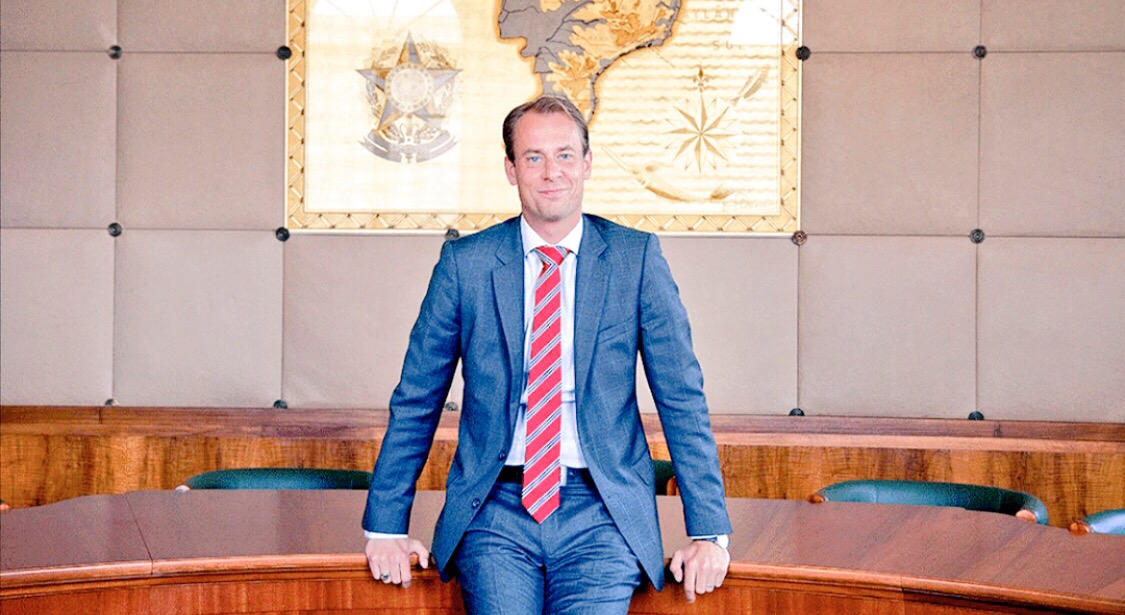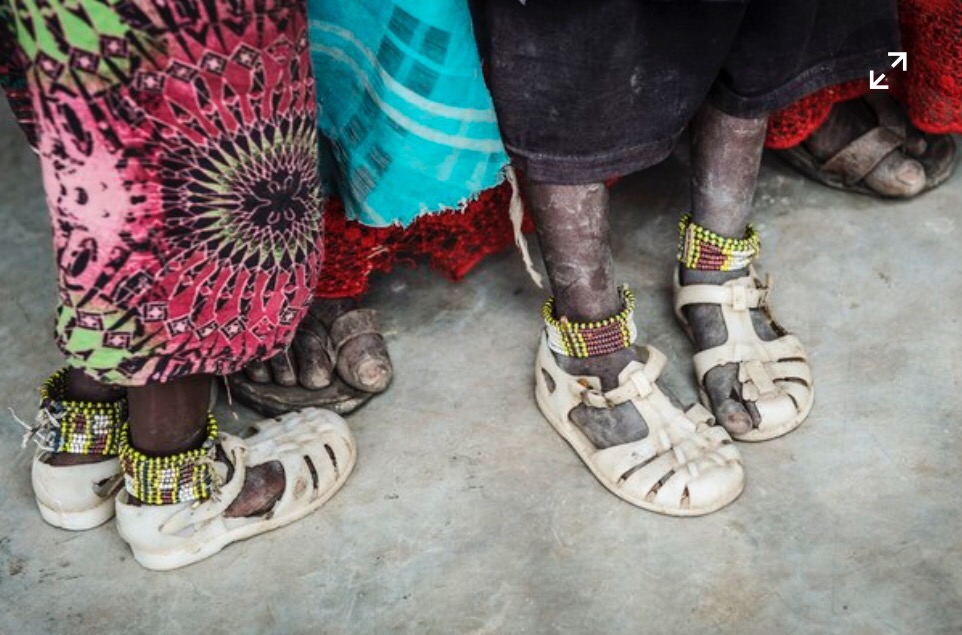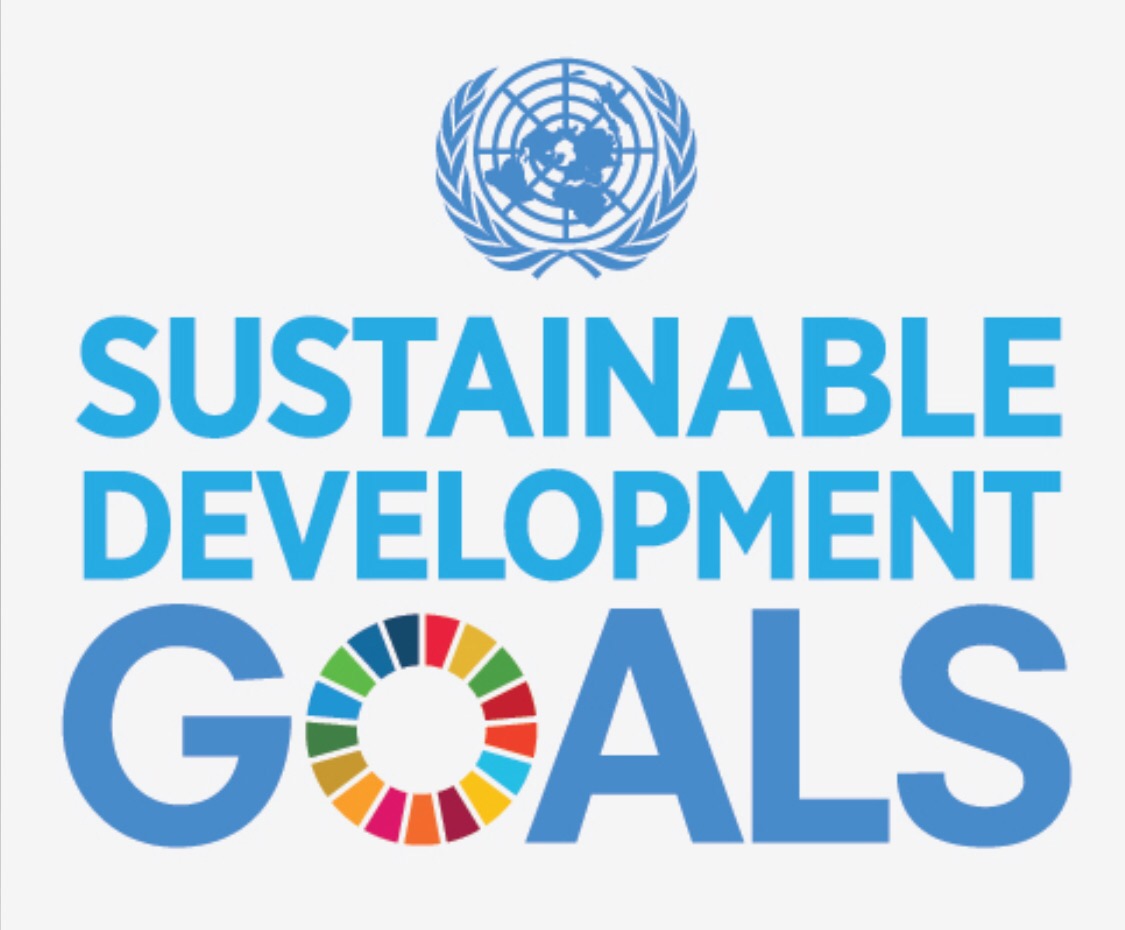Africa needs growth
The challange to meet the United Nations 17 global sustainability has started and Swedish daily newspaper SvD presents in several articles the views of Swedish leaders working with international development to express their views. This is an inofficial translation of some parts of the interview with UN Deputy Secretary General Joaiim Reiter.
The UN development agenda includes seventeen global goals range from eradicating poverty to peace and justice to be realized by 2030. Pessimists argue that it is not realistic and criticizes sustainability goals to be too broad and vague. However, the optimists believe that the goals are good instruments of mobilization for a better and more sustainable world.
The UN sustainability is often called Sustainable Development Goals (SDG). SDG replaced the UN’s eight Millennium Development Goals which existed between 2000 and 2015 and that were partially achieved. But the seventeen sustainability goals, with 169 targets, is far more comprehensive and complex than the MDGs. The idea is that they will be realized over the next 15 years.

Among the targets are some earlier ambitions e.g. to eradicate poverty and hunger, provide clean water and sanitation to all. Other nee objectives are education for all, greater equality, more equality between countries and a halt for global warming and climate change. More challenging new objectives is to promote jobs for all and sustainable economic growth, develop sustainable communities and to promote peace and justice.
Joakim Reiter is a Swedish diplomat and leader working as Deputy Director General of UNCTAD, United Nations Conference on Trade and Devlopment.

For UNCTAD SDGs 1 and 8 are particularly important. These goals define the ambition to eliminate all poverty and to create long-term sustainable economic growth up to 2030. Two goals that go hand in hand, according to Joakim Reiter.
You can not fight poverty without growth. Basically, there is no long-term sustainable development with poverty reduction without economic policy delivers and trade functions smoothly, says Joakim Reiter.
The plan is that no one should live on less than $ 1.90 per day, but still today every five inhabitants in the developing countries live in extreme poverty. This corresponds to 836 million people who in most cases lack both money and jobs. 470 million more jobs are needed in the world by 2030. This is no easy task given that the global unemployment increased from 170 to 202 million people between 2007 and 2012.
You can not fight poverty without growth.
The good news is that UN expects that the global labor force will increase by 800 million people over the next 20 years.
The goals of zero poverty, sustainable growth and employment are almost a dream. To achieve this dream developing countries must have higher growth than china had at its best. China grew by an average of 9.4 percent over 15 years, and the poorest countries (LDC) must perform even better, says Joakim Reiter.
There is a financing gap of 2 500 billion dollars per year in developing countries. Governments can’t manage this on their own. There is no state solution, the private sector must help. But above all we require an “aggressive growth policy” with transformative reforms, primarily in Africa – to create jobs. In Asia and other middle-income countries we beed better allocation of domestic resources for poverty reduction.
Africa must enter a period of fast growth. One possibility could be that the cost of labor in many countries also in Asia, including China, have increased dramatically. This means a potential that manufacturing industries move elsewhere. A population-rich Africa has a chance to attract manufacturing industries, a chance they should take, he says. However first we must reduce the trade costs in Africa. It requires, inter alia, better infrastructure, more opportunities to establish distribution and restart banks and reduced tariffs. Better regional and inter-regional trade integration is needed in parts of Africa, says Reiter.
We must reduce the trade costs in Africa.
In short, Africa needs a concrete vision equivalent to the EU’s single market to get free of growth. Combined with the right distribution policy may be the beginning of what can cause abolished poverty and sustainable growth. But by 2030? It will require an extreme effort.
This is a interering and importsnt article. The SDGs are key to the future of our world.
Africa needs a concrete vision equivalent to the EU’s single market.
I know Joakim Reiter and he is one of the most competent and the best leaders I have seen internstonally in this area. I fully agree with all that he says in the article.
I have also personally worked with UNCTAD and have many friends worklng fornthe organization. UNCTAD , is doing a very good in contributing to a better world. There is hope.
Source: SvD Article 21/8


You must be logged in to post a comment.